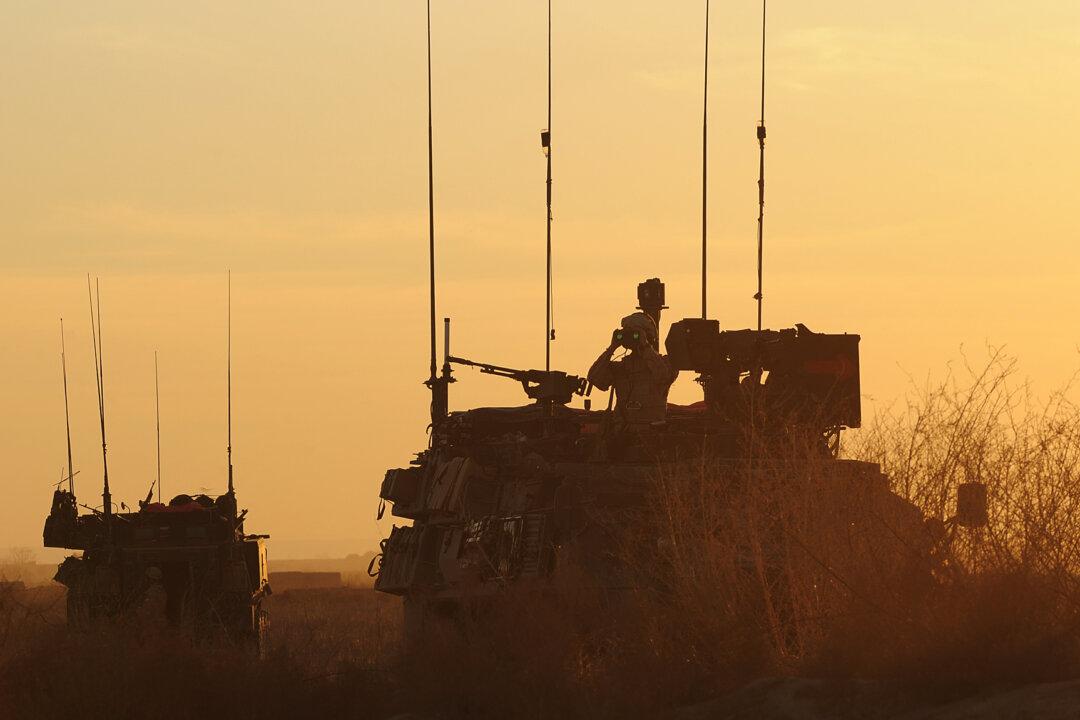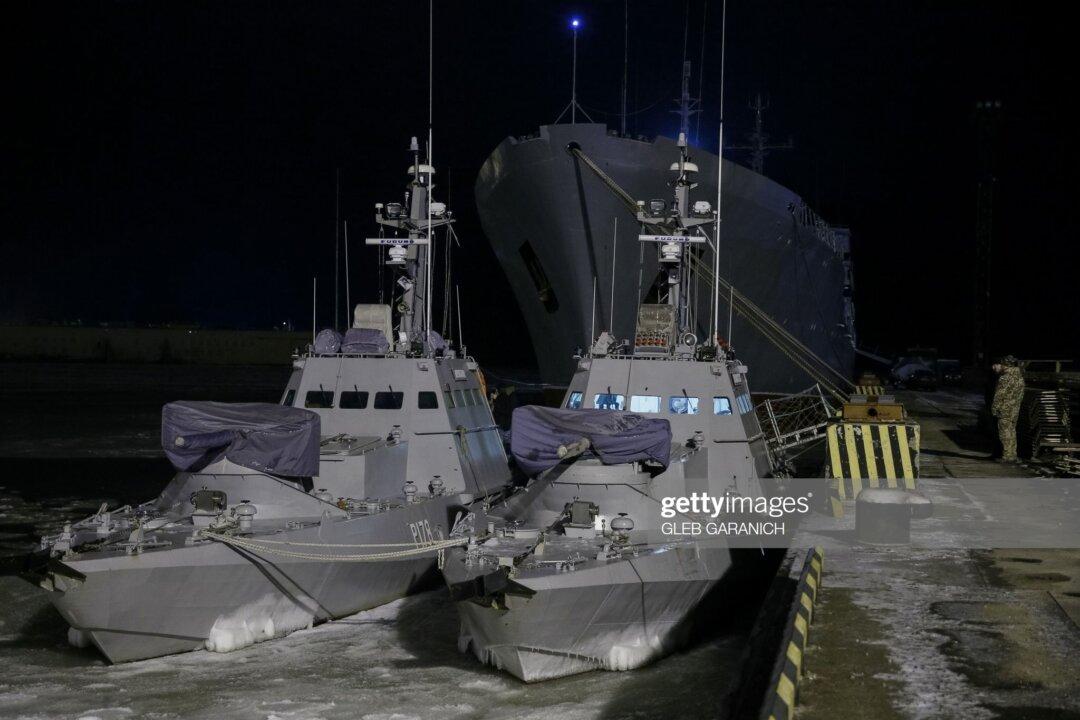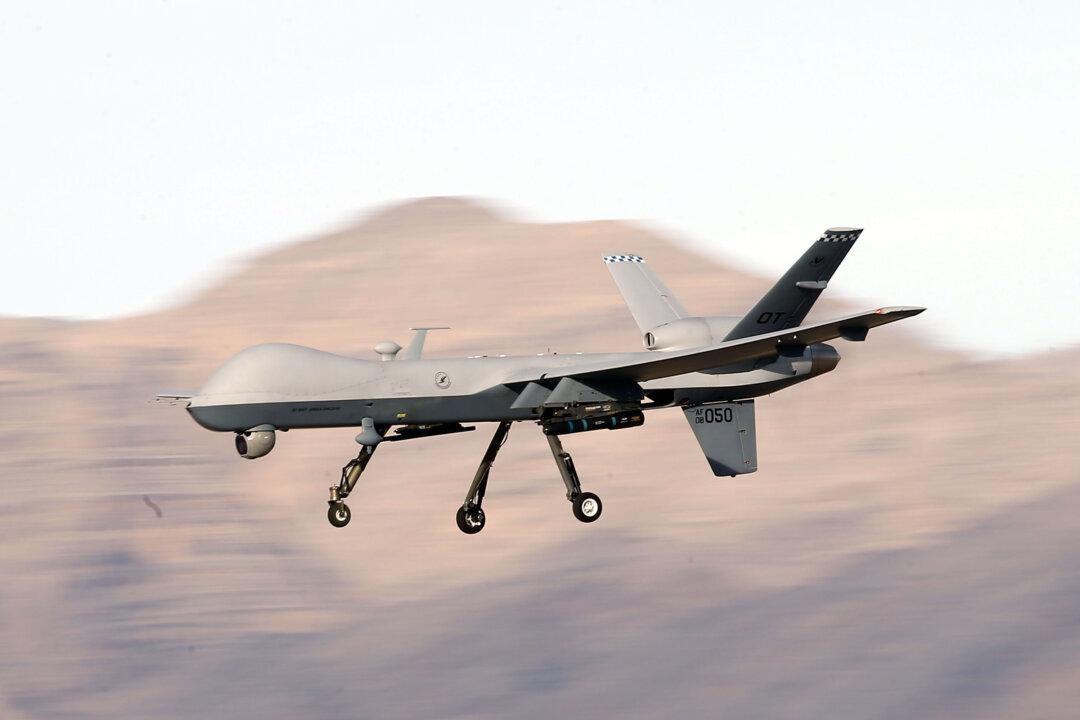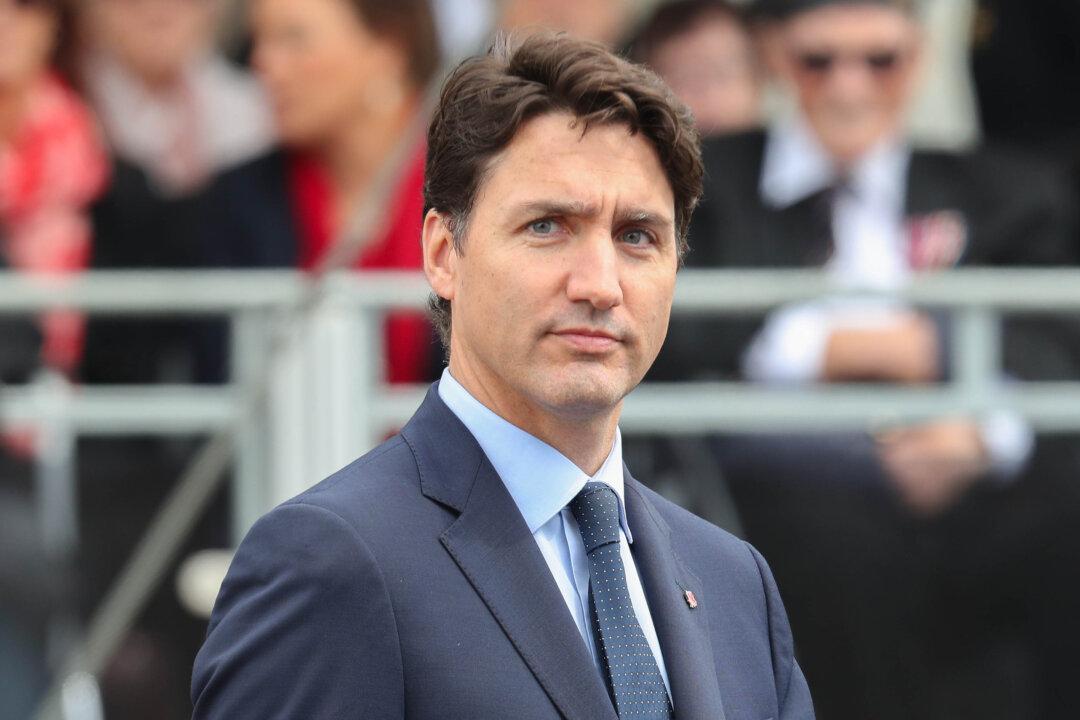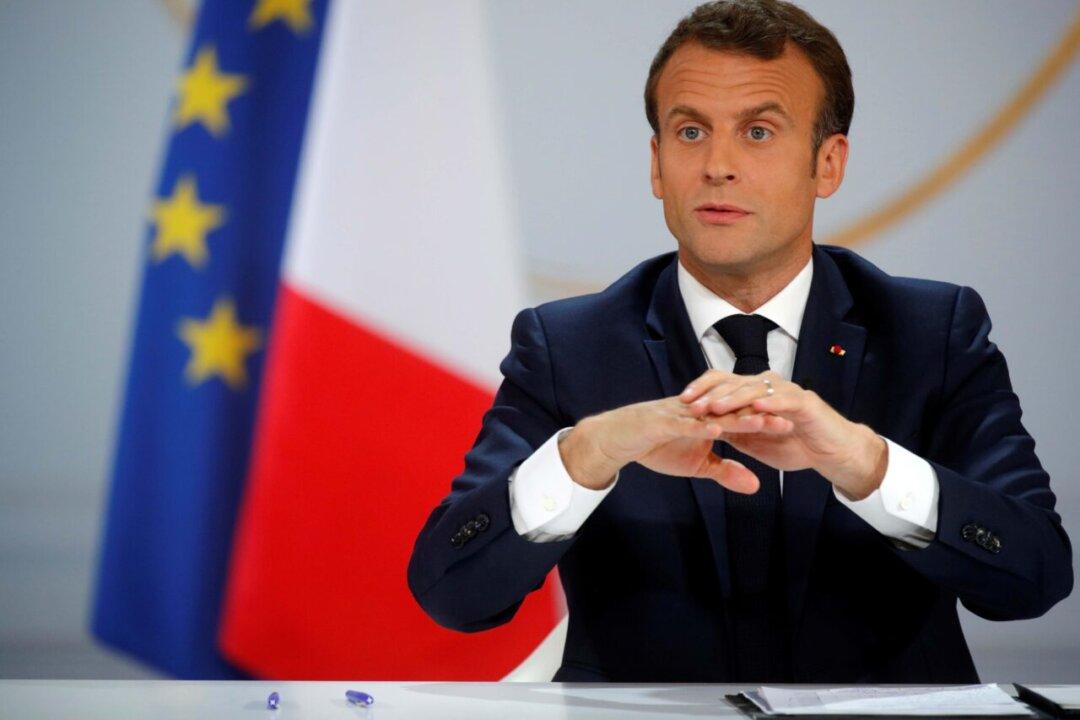The Bible (King James version) in Matthew, chapter 5, verse 9, notes, “Blessed are the peacemakers: for they shall be called the children of God.” But it is not sacrilegious to suggest that it is easier to be a victorious peacemaker than attempt such policy as an unarmed naïf.
Indeed, there has never been a society that endured without arms—and warriors to employ them in defense of their societies. Nor has an armed society ever stopped attempting to improve its armament.
Better weapons discourage enemies from attacking you; it is not the presence of weapons that encourages attack, but their absence/disparity that encourages attackers. The stronger one’s armed forces and weapons, the less likely one is to be attacked.
If your weapons are inferior/obsolete when facing a potential enemy, your best option is upgrading your arsenal. Thus it is a truism that no nuclear weapons state has ever been attacked, as nuclear weapons are the ultimate deterrent.
Likewise, a state seeks to expand its influence through arrangements with allies: states that (hopefully) share common values, but at least share common objectives. Allied cooperation is most efficient when they share essential strategy (defense against a common enemy), military tactical doctrine, and common equipment.
